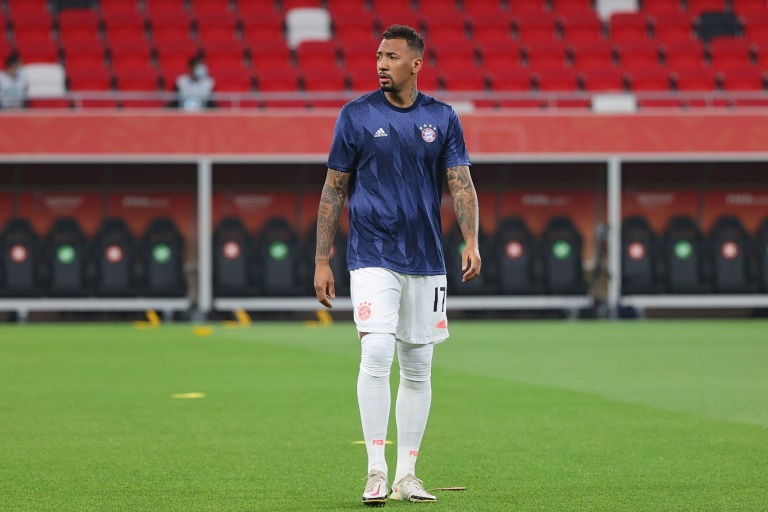Herchenbach
Pfaffenhofen
“The power of music” is what the lecturer in song design at the Leopold Mozart Center of the University of Augsburg calls his project, which he will be putting on YouTube for free at the end of the month. What he means by the title becomes clear acoustically and visually in the former amplifier room.
On the open grand piano, Kreul lets Schumann’s “Trumerei” sound, the epitome of the romantic piano piece, which can move tears in its soulful tenderness. Behind the grand piano on the wall is the counterpart that illustrates the whole range of music. There, the two hosts, Bernhard Kellner and Norbert Averbeck, hung a painting by the Pfaffenhofen cultural sponsor Sebastian Klein with the Bremen Town Musicians. They too “made their music”, as it is called in the fairy tale, but it did not touch the heart, but terrified the Ruber so much that they fled into the forest “in great fear”.
Kreul wants to explore this emotional range of music in his podcasts and answer questions: What is music? Where does our love for her come from? After all, it accompanies us for a lifetime, in all phases, “it evokes images in us”, says the pianist, “which could hardly be more intense”.
What kind of unbelievable energy is that that unites people like no other bond? For example, during the exit restrictions, when people around the world were standing on the balconies, singing together and thus drawing hope and strength from the community despite the distance. Why do 3000 total strangers feel connected to one another in a concert hall? Is the answer the reason why many Christians who are loyal to the Church are rarely drawn to Sunday services because congregational singing is currently prohibited?
What facets of music have, how strongly they are connected to our lives, why we often have a melody, a song in our head when we think about our first love, Kreul demonstrates with explanatory pieces of music. In the first episode of the podcasts, each lasting around 20 minutes, he deals with the topic of home. Using the example of therapeutic work with traumatized refugees, Kreul shows what healing effects music from the country of origin can have. “Music can bring back memories and relieve pain.”
Kreul gave the second chapter the working title “survival music”. To do this, he drove with his camera team to Dachau, where two inmates composed and wrote the “Dachau song”. “They had to drag bags of cement,” the pianist knows, “but singing together gave the prisoners strength.” The special thing about this song: “It sounds like a propaganda song by the Nazis, but there is a harmonious change at the crucial passage in the text.” Because where it is heroic, “Be a man, comrade, do a lot of work, get on with it, comrade”, the melody slips completely chromatically. “The system is collapsing,” says Kreul, “the quote ‘work makes you free’ is completely destabilized.” The detainees understood this hidden message. Kreul has a very special relationship with Dachau. Born in Bonn, he lives in a former parsonage in Altomnster, his study was also that of the pastor, who spent two years in Dachau.
“The third episode,” explains Kreul, “seems to be about Beethoven.” In fact, however, he would like to use the example of the Moonlight Sonata to show what is behind some of the compositions. “What is it that fascinates us?” Asks Kreul. “The romantic picture of the moonlight over the lake at night?” In fact, it’s about something else. “At the beginning there are only broken chords, just a sound pattern, we lose our orientation, our sense of time.” Beethoven composed a sound space in which suddenly only one note sounds like a human voice. Beethoven wanted to express this feeling of total loneliness, of being isolated from the world. What Beethoven creates with ingenious compositions, less musically gifted people succeed in singing.
Kreul calls the last chapter transformation, metamorphosis, and takes Schumann’s “Trumerei” as one of the examples. “What happens when we dream?” Asks the pianist. “There is always a bit of reality in dreams. They carry us away from reality.” But no more than a dream can one hold onto a piece of music. And another aspect of the chapter “Transformation”: “Through music, art and creativity we can express our personality. My aim,” emphasizes Kreul, “is to show the great importance and relevance music has for our lives.”
And that’s why it is important to him to get them out of the ivory tower of the culture industry and to give them courage: the courage to sing (“that’s incredibly liberating”), the courage to play an instrument. But aren’t there also non-musical people? “N,” says Kreul without having to think, “that’s total nonsense. It really hurts when people say something like that. Anyone who feels emotions when listening to music is musical. Unfortunately, however, many people have blockages, they want each other give no bleed. ” Neither when singing nor while having a say. In fact, it doesn’t matter what syncopation or glissandi are, what makes a Viennese waltz and how many piano concertos Beethoven composed. “Music”, says the pianist, “should be absorbed less with the brain and more with the heart.”
Despite all the horror, the pandemic offers a great opportunity. “I love this landscape here”, enthuses Kreul, “this vastness that opens up the view. You come to rest, you can be alone, you can regroup, come to rest and reflect on life. This is especially good in this landscape possible. ” And maybe, hopes Kreul, “the pandemic will also help to rediscover our local musicians and give them value: Chren, church musicians, the small, intimate concert forms. I see there the great opportunity to strengthen these forms.” PK
–


